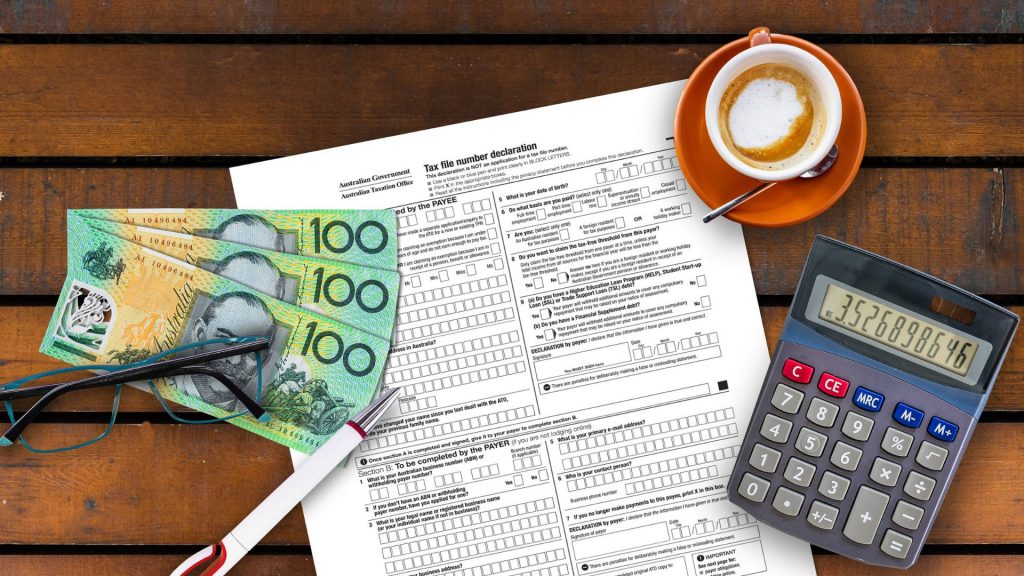Tax & Advisory
Key tax dates for 2022–23
Tax time might be over for the average individual Australian for another financial year, but the responsibilities of being a business owner and running a SME means you need to stay across your financial and compliance obligations throughout the year.
With the tax office providing unprecedented support and assistance during peak covid times, they are now putting a strong focus on debt recovery and lodgement compliance. Accordingly, to help you meet these ongoing demands and to systematise the most important tasks for 2022–23, we have collated some key dates to be aware of, as well as information about the latest ATO changes for SME’s and your tax liabilities.
Review Employment Contracts and Update Payroll
It’s recommended that you add these important dates to your calendar to ensure you never miss a deadline.
- 14 July: PAYG withholding payment summaries are due.
- 28 July: Employee Super Guarantee is due.
- 28 July: Quarterly BAS (self-lodged)
- 25 August: Quarterly BAS (lodged by tax agent)
- 29 August: Taxable payments annual report is due.
- 15 September (only for businesses registered in South Australia): ReturnToWorkSA annual reconciliation.
- 28 October: Employee Super Guarantee is due.
- 28 October: Quarterly BAS (self-lodged)
- 31 October: Annual tax return (self-lodged)
- 25 November: Quarterly BAS (lodged by tax agent)
- 30 January: Employee Super Guarantee is due.
- 28 February: Quarterly BAS (self-lodged)
- 28 February: Quarterly BAS (lodged by tax agent)
- 31 March: Capture odometer readings for fringe benefits tax (FBT).
- 28 April: Employee Super Guarantee is due.
- 28 April: Quarterly BAS (self-lodged)
- 15 May: Annual tax return (lodged by tax agent)
- 25 May: Quarterly BAS (lodged by tax agent)
- 26 June: FBT returns are due.
Potential tax liabilities
Even if you have been running an SME for several years, it’s good practice to remind yourself of all your tax liabilities – beyond the basics like GST. Here is a quick rundown of what you may need to stay across for this financial year and beyond:
- Payroll tax: Be aware of the monthly due dates and annual year-end reconciliation. In NSW, the payroll tax reverted to 5.45% as of 1 July 2022.
- Fringe benefits tax (FBT): If you provide benefits to your employees or yourself, you may be liable to pay FBT. This tax is calculated on the taxable value of the benefits you provide. According to the ATO, benefits may include:
- allowing an employee to use a work car for private purposes;
- giving an employee a discounted loan;
- paying an employee’s gym membership;
- providing entertainment by way of free tickets to concerts;
- reimbursing an expense incurred by an employee, such as school fees; and
- giving benefits under a salary sacrifice arrangement with an employee.
- Land tax: An annual tax paid at the end of the calendar year for any property you own above the land-tax threshold. New changes to come in July 2023 for Queensland. Under the new rules, the amount of land tax imposed will be based on the Queensland proportion of the total Australian land value. https://www.qld.gov.au/environment/land/tax/interstate
- Fuel tax credits: When you are conducting business activities, you can claim fuel tax credits for excise levied on the fuel you use. This includes vehicles such as light vehicles travelling on private roads (not public roads), heavy vehicles over 4.5 tonnes, machinery, and other plant and equipment.
- Luxury car tax (LCT): This tax is an obligation for companies that import or sell luxury cars, and individuals who import luxury cars. If the value of your imported car is above the LCT threshold (inclusive of GST) then you will need to pay tax on it. The rate is 33% on the amount above the luxury car threshold. As of 2022–23, that figure is $84,916 for fuel-efficient vehicles.
- Wine equalisation tax: This only applies to companies that produce or import wine into Australia. The wine equalisation tax is levied at 29% of the wholesale value of the wine.
Relevant changes to be aware of
It’s recommended that you keep an eye on the latest changes that the ATO has implemented, as they may occur on a rolling basis rather than only at the start of a new financial year.The following are some of the recent changes made by the ATO. Be sure to monitor this page for a full overview of the changes and how they may impact your tax-time obligations:
- Temporary full expensing has been extended for eligible businesses until 30 June 2023.
- You can now use this tool to help you work out if you are eligible to claim the loss carry back tax offset.
- Changes have been enacted to the research and development (R&D) tax incentive.
- The Australian Government will remove the concessional tax treatment for offshore banking units (OBUs) for offshore banking activities, effective from the 2023–24 income year.
- Trust distributions surrounding section 100A (reimbursement agreements). Key focus area of the ATO in respect to trust distributions surrounding section 100A reimbursement agreements. Trustees of trust’s now need to be more mindful of distributing to adult children and wider family members where they have not received the benefit of the distribution. i.e. where one person receives a benefit from the trust but another person is made presently entitled to income and assessed.
Managing your tax liabilities and other compliance obligations can take you away from more important and income-generating tasks. ChaterNet has strategically developed an incomparable team of expert tax and advisory support team to support you and the growth of your business all year round. Contact us today on or contact us online.


